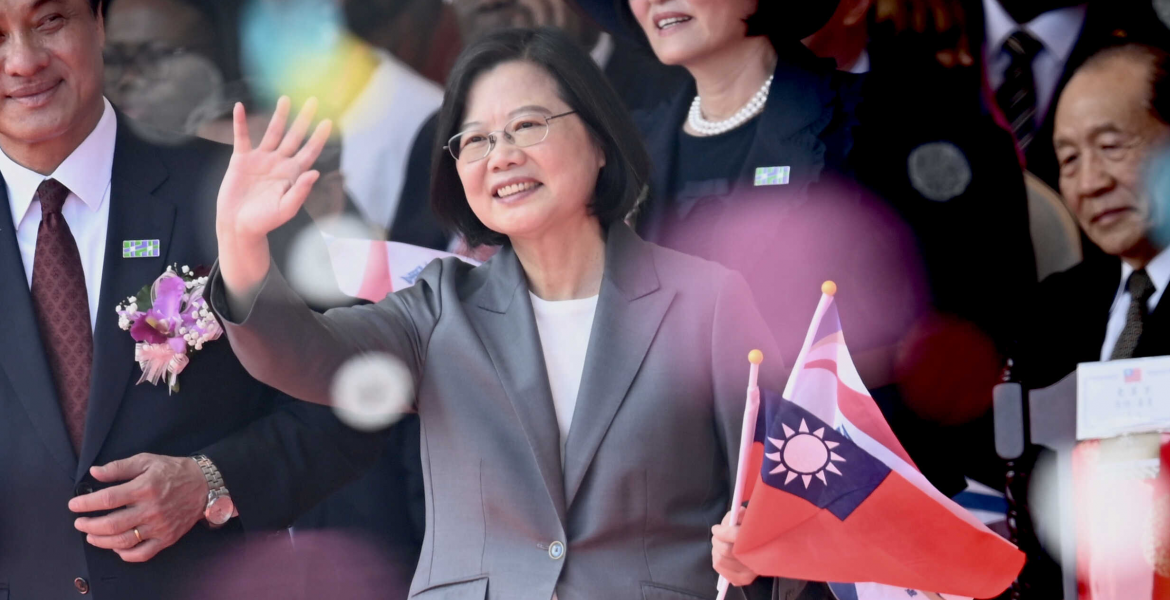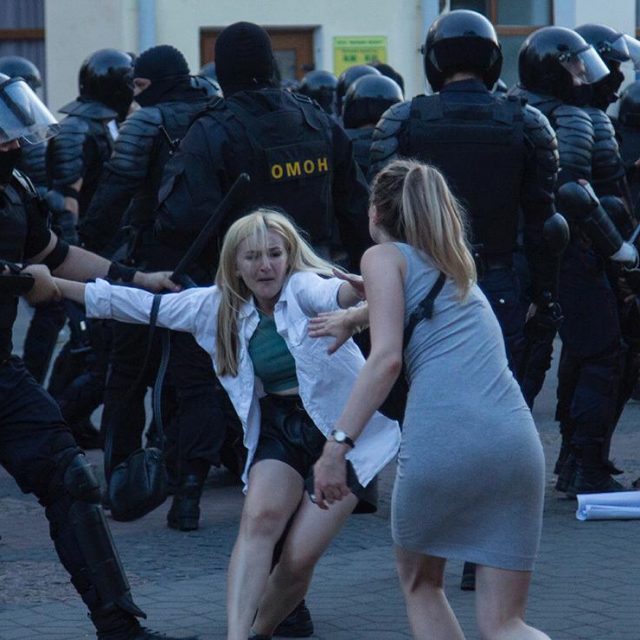The Belgian Chamber of Representatives passed a resolution on 16 July, calling on the Federal Government and the EU to support Taiwan’s democracy, strengthen bilateral relations, and encourage the country’s meaningful participation in international organisations.
The resolution was adopted unanimously, by 130 votes to 0, with 13 abstentions. Introduced by members Georges Dallemagne and Els Van Hoof, co-Presidents of the Belgium-Taiwan Parliamentary Friendship Group, the resolution is the first of its kind since 2015.
The resolution acknowledges Taiwan’s freedoms, system of government, and current contributions to addressing global challenges, including the COVID-19 pandemic. Similarly, it recognises the ever-closer ties between Taiwan and Belgium.
In turn, the resolution urges the Belgian government to act on a number of issues related to strengthening the Belgium-Taiwan relationship, including supporting Taiwan’s meaningful participation in international organisations such as the World Health Organisation. The resolution also requires the Belgian government to urge the European Commission to move forward on strengthening relations between the EU and Taiwan.
Taiwan’s Ministry of Foreign Affairs greeted the resolution warmly, thanking the Belgian Parliament for its passage. The ministry added that Taiwan will continue to deepen and broaden bilateral relations with Belgium on the basis of the existing good foundation of ties between the two nations.
Taiwan has taken a high profile public position in condemning the PRC adoption of a special security law for Hong Kong, urging the international community to strongly condemn and jointly oppose China’s hegemonic expansion in order to safeguard freedom and democracy.
Their public position objects to the fact that the offences targeted in the new law spell an end to the “Occupy Central” and anti-extradition bill movements in Hong Kong, as well as any similar protests in the future, and claim that they are designed to suppress democratic forces in Hong Kong through shock and awe.
Taiwan believes that the Chinese Communist Party (CCP) is seeking to legitimise its intervention in Hong Kong’s autonomy and control of related personnel affairs, and to establish a legal basis for the entry of armed police into the territory.
A particularly worrying element of the security law is its attempt to establish a principle of extra-territoriality by applying to the entire world, severing Hong Kong’s links with the international community and strengthening the CCP’s authoritarian rule. Article 38 of the law stipulates that “this law shall apply to offences under this Law committed against the Hong Kong Special Administrative Region from outside the region by a person who is not a permanent resident of the Region.” This is equivalent to asserting extraterritorial jurisdiction in every corner of the world.
Taiwan has stated that totalitarian China’s renunciation of its international commitments exposes its ambition to impose its will and reshape the international order. By imposing this national security law on Hong Kong, the CCP has seriously violated the Sino-British Joint Declaration, shattered Hong’s “one country, two systems” framework and high degree of autonomy, renounced its commitment to Hong Kong and the global community. It also exposes the CCP’s intention to disrupt the rule-based international order.
They say that if the international community fails to take any countermeasures, the CCP will spread its autocratic system even farther, and take a leading role in shaping the international political and economic order. Taiwan occupies a key position in safeguarding democracy in Asia, and hopes the international community will jointly support the people of Hong Kong and protect Taiwan.
They urge the global community to take seriously the expansion of the CCP’s authoritarian system and ideology throughout the international arena, and to come together to counter China’s hegemonic expansion and work collectively to safeguard Taiwan’s democratic system.
The Belgian initiative would seem to suggest that the world is listening to Taiwan’s message, and that China’s aggressive intervention in Hong Kong is already reaping a backlash of international opinion.




